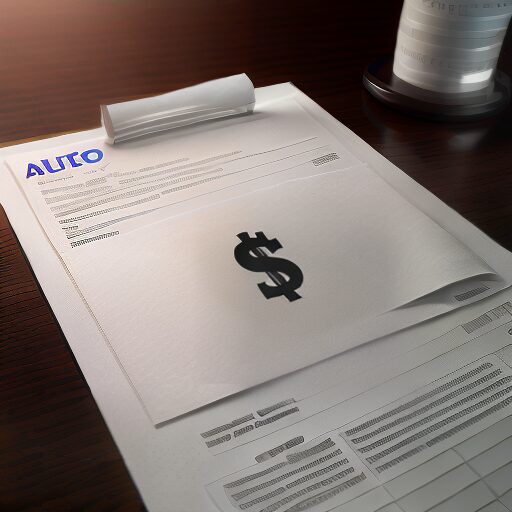The Law Offices of Perry B. DeLoach, Jr., LLC
Protecting Yourself and Your Finances:
Insurance Options for Automobile Accidents
Automobile accidents can happen to anyone at any time, and they can result in significant injury and financial losses. Even if you are a responsible driver, you may still be involved in an accident that is your fault or someone else’s who is either uninsured or underinsured.
That’s why it’s important to have adequate insurance coverage to protect yourself and your finances. In this blog we will discuss insurance coverages and policies that can help protect you in case you are involved in a car wreck.
When navigating the complex world of personal injury claims, understanding the different types of insurance coverages available is crucial. These coverages can significantly impact your financial well-being in the event of an accident. In this section, we explore the common insurance coverages that can protect you in various scenarios, from dealing with uninsured drivers to covering unexpected expenses. Whether you’re evaluating the necessity of uninsured/underinsured motorist coverage, considering personal injury protection, or exploring gap, collision, and comprehensive coverage, this guide provides the essential information you need to make informed decisions about your insurance policy.
Gap Insurance
If your car is totaled in an accident, and you owe more on your car than it is worth, check to see if you have gap insurance. Gap insurance will pay the difference between the value of your car and what you owe on your car loan if your car is totaled in a wreck.
Without gap insurance, you may be responsible for paying the difference out of pocket, which can be a significant financial burden. Gap insurance can provide peace of mind knowing that you are protected in case of an accident.
Comprehensive Coverage
Comprehensive insurance coverage covers damages to your vehicle that are not caused by a car wreck. These damages include theft, vandalism, natural disasters, and others. This coverage can help protect your vehicle and your finances from unexpected events.
While comprehensive coverage is not required in South Carolina, it is a good thing to have. It can provide an extra layer of protection in case of an accident or other unforeseen events. Consider adding comprehensive coverage to your policy to protect yourself and your finances.
Collision Coverage
Collision coverage pays for damages to your own vehicle in case of an accident, regardless of who is at fault. This coverage can help cover the cost of repairs or replacement of your vehicle.
Collision coverage is not required in South Carolina, but it is a good idea to consider adding it to your policy. Without collision coverage, you may be responsible for paying for repairs or replacement of your vehicle out of pocket.
Personal Injury Protection (PIP) Coverage
Personal injury protection (PIP) or medical payment protection (Medpay) coverage can help cover medical expenses regardless of who is at fault in the accident. PIP/Medpay coverage is optional in South Carolina, however, it may be mandatory in your state.
If you live in a state where PIP/Medpay coverage is optional, you may want to consider adding it to your policy. PIP/Medpay coverage can provide an extra layer of protection in case of an wreck, and it can help cover expenses that may not be covered by other insurance policies.
Uninsured/Underinsured Motorist Coverage
Uninsured and underinsured motorist coverage is designed to protect you in case you are involved in an accident with someone who does not have enough insurance to cover your damages or injuries. This type of coverage can cover medical expenses, lost wages, and other expenses that result from the wreck.
Uninsured motorist coverage is mandatory in South Carolina, but underinsured motorist coverage is not. While this is the law in South Carolina, it may not be the law in your state. Even if it is not required in your state, it is still a good idea to consider adding this coverage to your policy. It can provide an extra layer of protection in case of an accident.
Navigating the complexities of insurance coverages related to personal injury claims can be overwhelming, but having the right protections in place is essential. Whether it’s safeguarding against uninsured drivers, ensuring medical expenses are covered regardless of fault, or protecting your vehicle from unforeseen events, each type of coverage plays a critical role in your overall financial security. By understanding and carefully considering these options, you can tailor your insurance policy to best meet your needs and provide peace of mind. Remember, while some coverages may not be legally required in your state, their added protection can be invaluable in the event of an accident. Make sure to consult with your insurance provider to ensure you have the coverage that best suits your circumstances.



